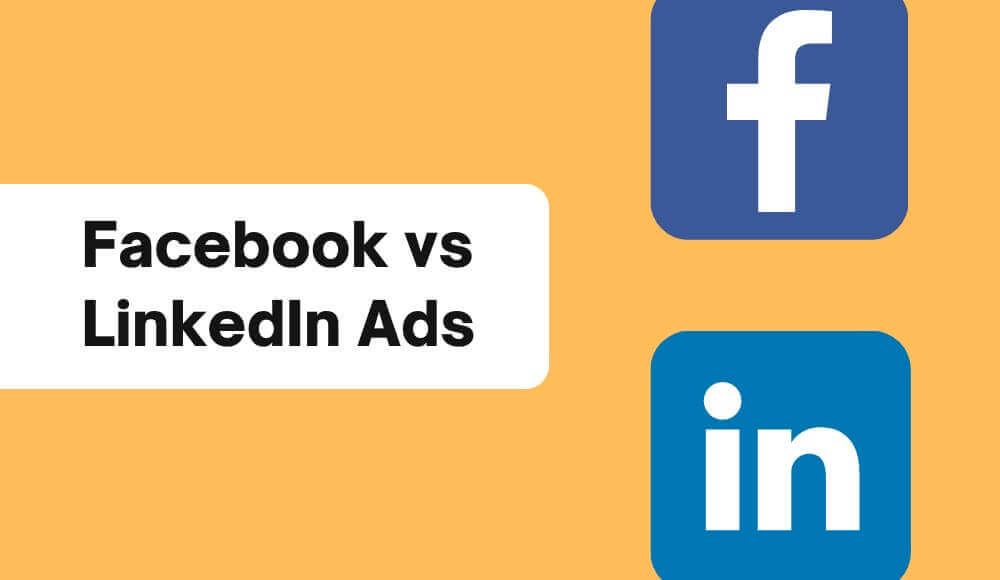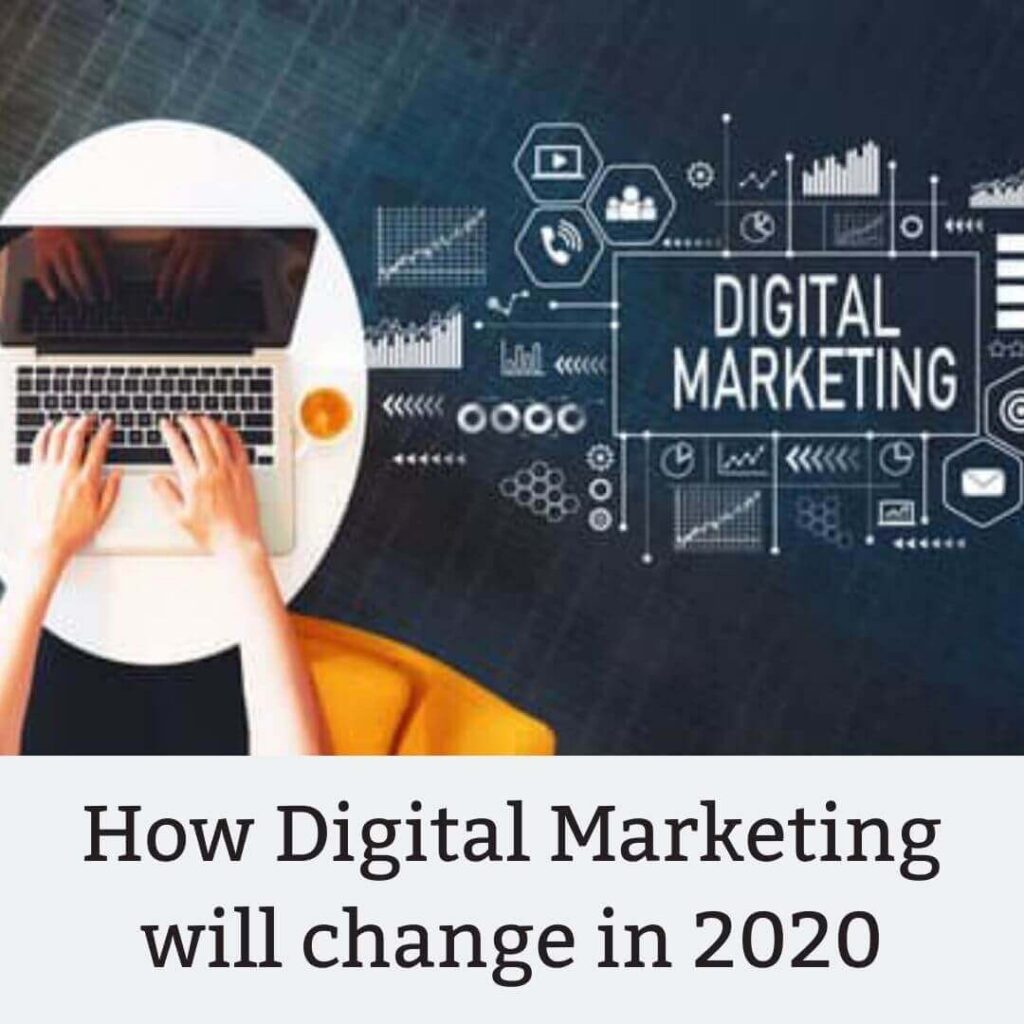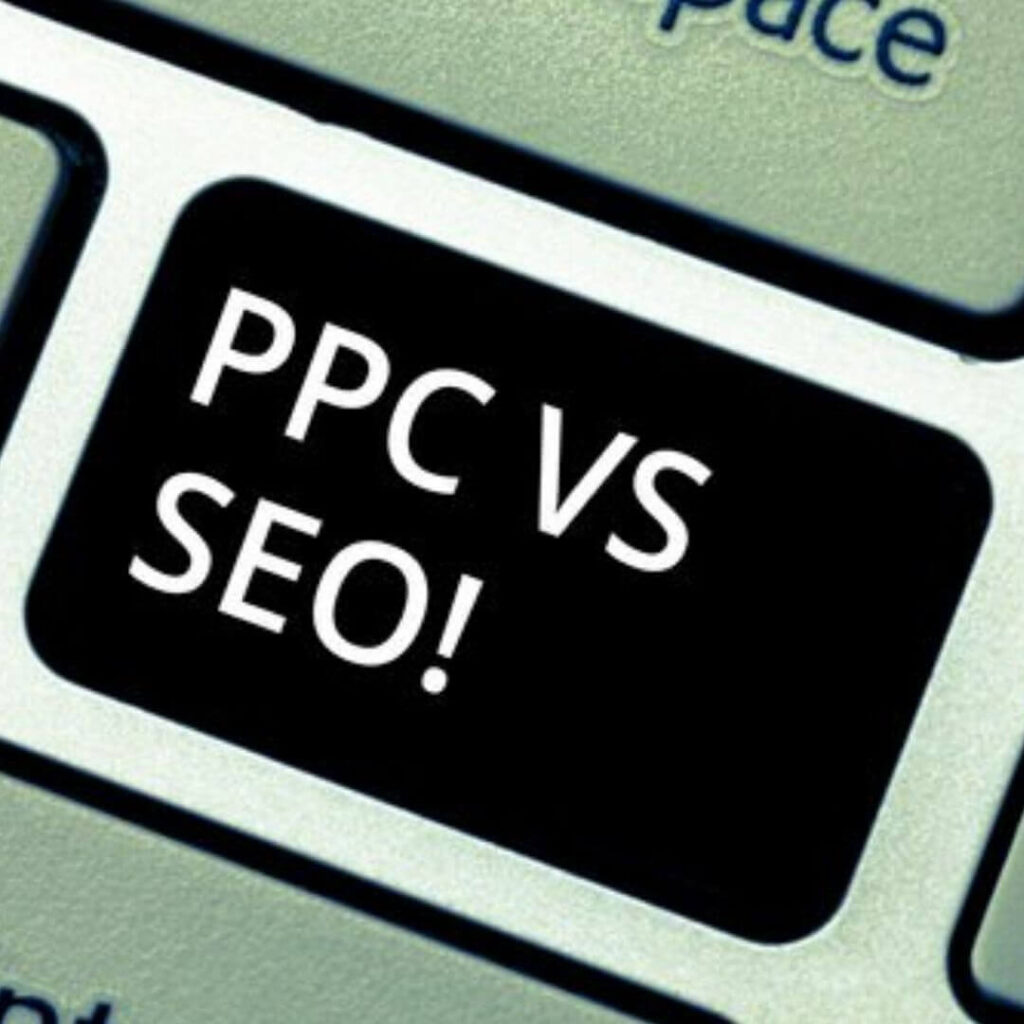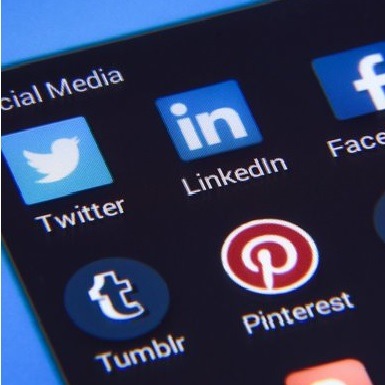Facebook vs Linkedin ads: Which is better? [3 Things to know]
Are you looking to generate leads or sales for your business through online advertising, but are not sure which channel is better- LinkedIn or Facebook ads? Well in this article I’m going to go through the pros and cons of each channel when it comes to doing paid advertising. When it comes to Facebook vs Linkedin ads, we will be looking at three main things: Targeting options available Algorithmic Intelligence behind the advertising platforms of Facebook or LinkedIn Cost/ROI: which one is going to be the most cost-effective and likely to give a better return on investment? One thing to keep in mind is that when it comes to which channel is best, there are a lot of different variables. So it’s not always a one clear-cut answer. Ultimately the only thing you can do to know for sure is to test it, and see which channel works best for your business. What I’m going to do to help you out is go through what I’ve experienced and learned when I’ve tested Facebook and LinkedIn. That might give you a jumpstart to set up your own campaigns. Another thing to keep in mind is that when it comes to advertising on LinkedIn and Facebook you need to have the right overall strategy. If you don’t have the right strategy, it doesn’t matter which channel you use. It’s just not going to work. Now with that, let’s start with the first thing we’re going to look at which is the targeting Facebook vs LinkedIn ads: A comparison of 3 Parameters 1. Targeting By targeting I mean how easy and effective it is to find your ideal clients on those respective channels. Now, people have experienced that Facebook ads- when it comes to things like targeting business owners or people inside of businesses at specific designations- is just not as powerful as LinkedIn. With LinkedIn, because of its detailed company targeting, you can really drill down and find exactly who you want to target. However, there are certain advantages that Facebook has over LinkedIn. First of all, Facebook has a lot more data than LinkedIn. I mean data in terms of the behaviour of actual users who are using Facebook platforms (and also remember Facebook owns Instagram and WhatsApp.) You can also advertise on Instagram through Facebook ads, and Facebook and Instagram are the largest social media channels. They are much bigger than LinkedIn in terms of total users and daily active users. Also note that when it comes to Facebook’s data, it’s not just about the amount of people Facebook, Instagram, etc. Facebook also has the Facebook pixel installed on a lot of different websites. Most websites will have the Facebook pixel installed, whereas most websites will not have the LinkedIn pixel installed. All that data is compiled together by Facebook. LinkedIn, on the other hand, has a lot of specific data when it comes to individuals, such as job titles, what company do they work at, what size is that company and very specific things like that. Over time, Facebook’s algorithm can see which people are responding to any ad and then they can look at those people and find similar people. So, the targeting will get better over time automatically. So ultimately which channel is better when it comes to targeting? I would give Facebook the advantage mainly because they’ve got so much data. There are some exceptions, but for a majority of businesses, FB ads can really help them target extremely well. 2. Algorithm Which advertising platform uses the best algorithms to get you the best results? How effective is the algorithm at optimizing your ads automatically? In this regard, Facebook algorithm is a lot more effective and smarter. Again, it just comes down to the data that Facebook has. FB Ads is the clear winner in this one. 3. Return on Investment Which one is going to be the most cost-effective solution for your business, and which one is going to get you the best return on investment? This one is difficult to answer because it’s going to be different for every business. I have had success both on LinkedIn and on Facebook – for myself as well as for my clients. Both channels have been able to generate good leads and sales. Both have potential for successful campaigns for nearly any business. However, for most businesses, the overall cost on Facebook is a lot less and the return on investment with Facebook is better than LinkedIn Using the sponsored messaging ad on LinkedIn can be somewhat better, but still not comparable to FB ads for most cases. Also note that the more generic the group of people in your target audience , the more advantages Facebook is going to have. I have found LinkedIn ads to be much more expensive in terms of cost per click and how many people you can reach and how many impressions you get and things like that, which ultimately means your cost per lead is usually higher on average. Conclusion on Facebook vs LinkedIn ads So, which platform should you use to set up your digital campaigns- Facebook or LinkedIn? My answer- If you want to know for certain you have to test both and just see what happens. If you have a limited budget or time, though, I would recommend Facebook ads over LinkedIn to start with.






